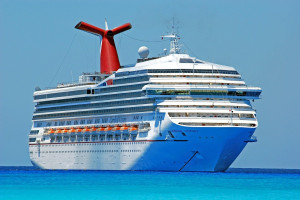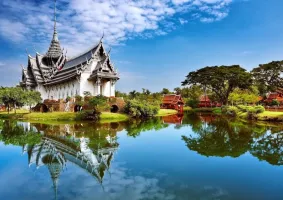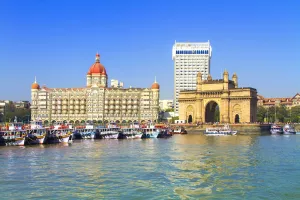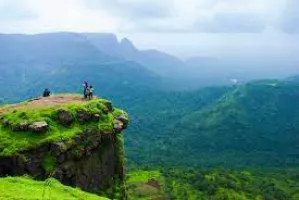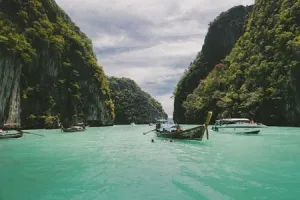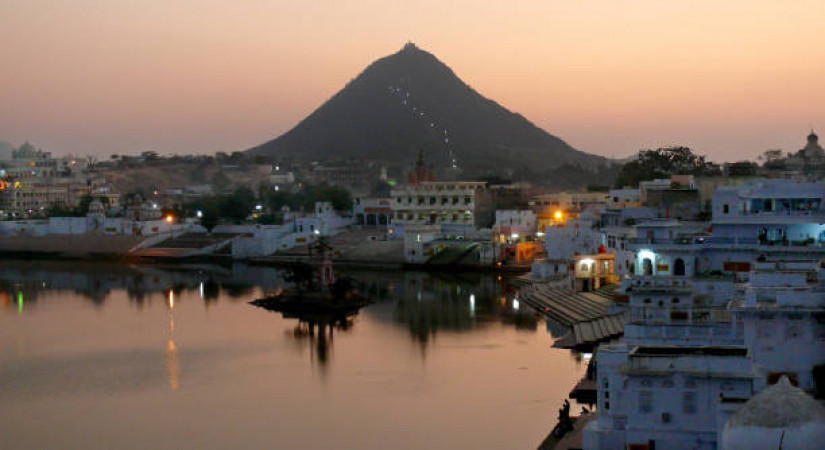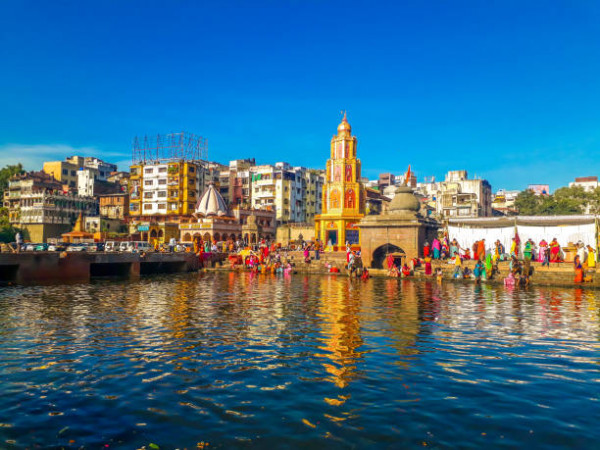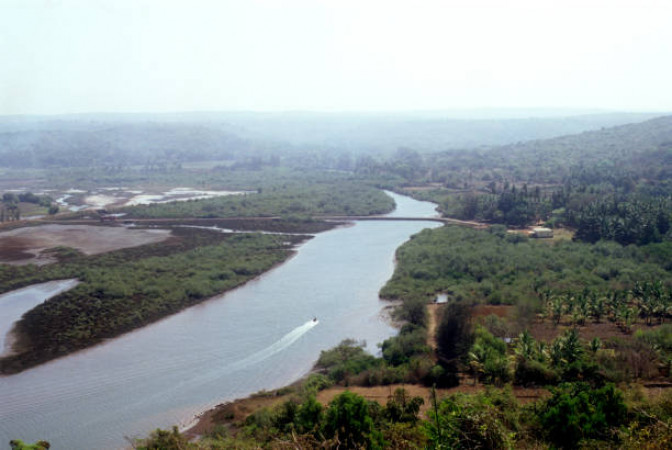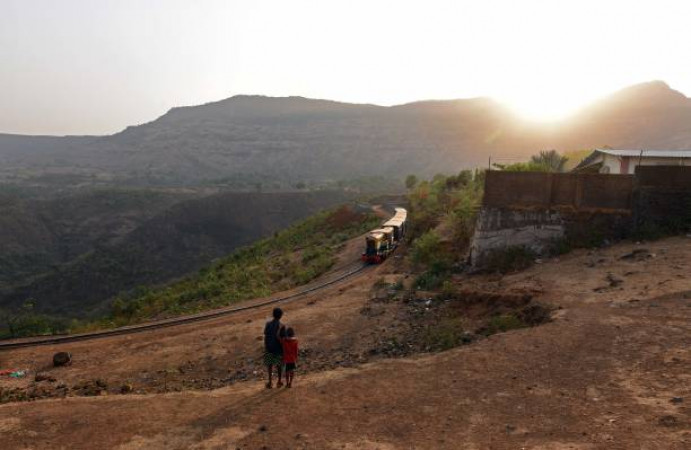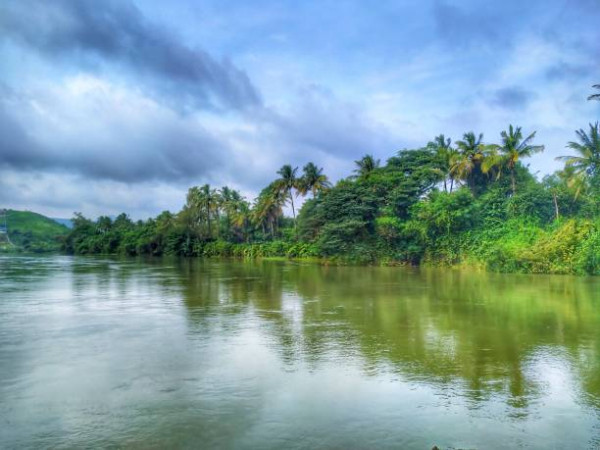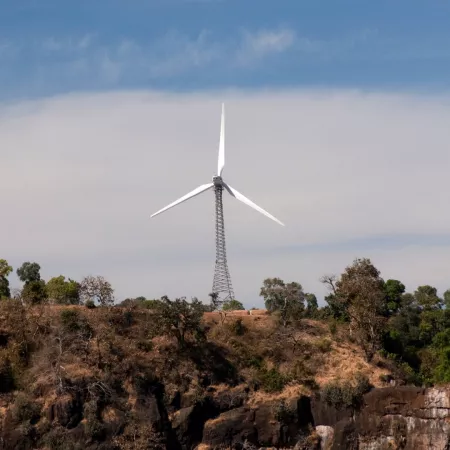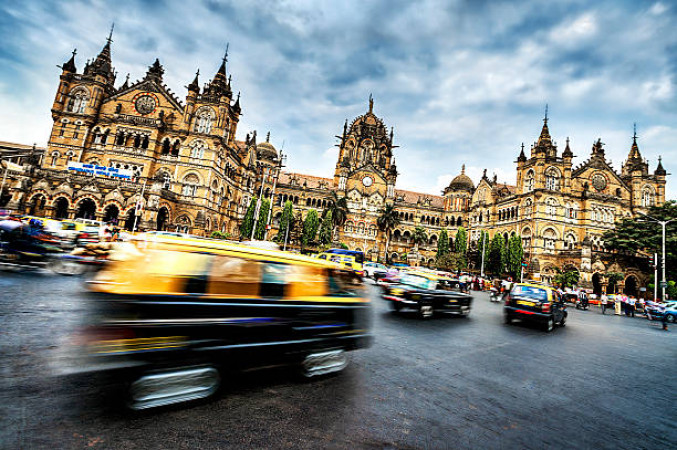
Mumbai
Package
25000 to 45000
25000 to 45000
Duration
3 to 5 Days
3 to 5 Days
Best time to visit
Feb-Mar, Oct-Nov
Feb-Mar, Oct-Nov
Theme
Waterfront, Heritage
Waterfront, Heritage
Mumbai Travel Guide
Mumbai, formerly known as Bombay, is the capital city of Maharashtra, India. It is a bustling metropolis known for its vibrant culture, colonial architecture, and Bollywood film industry. Situated on the west coast of India, Mumbai is the financial, commercial, and entertainment capital of the country. The city is a melting pot of diverse cultures and offers a unique blend of the traditional and modern.Top Attractions in Mumbai
- Gateway of India
- Marine Drive
- Elephanta Caves
- Juhu Beach
- Siddhivinayak Temple
Mumbai is Famous for
The city of Mumbai is most famous for being the home of Bollywood, the largest film industry in the world.Top Attractions in Mumbai
- Gateway of India
- Marine Drive
- Elephanta Caves
- Juhu Beach
- Siddhivinayak Temple
What's Great about Travelling to Mumbai?
- Rich cultural heritage
- Delicious street food
- Bollywood film industry tours
What's Not So Great about Travelling to Mumbai?
- Heavy traffic congestion
- High levels of pollution
- Crowded public transportation
Travel Tips for Mumbai
- Obtain a local SIM card for communication
- Use app-based transportation services for convenience
- Be cautious of pickpockets in crowded areas
Important Mumbai trip information
- Ideal Duration: 3-4 days
- Best Time to Visit: November to February
- Nearby Airports and Railway Stations: Chhatrapati Shivaji Maharaj International Airport, Mumbai Central Railway Station
Top 32 Places to visit in Mumbai
Per Person
18,000
*EXCLUDING APPLICABLE TAXES 5.0 Ratings
( 396 Reviews )
( 396 Reviews )
Per Person
62,000
*EXCLUDING APPLICABLE TAXES Total
68,000
*EXCLUDING APPLICABLE TAXES Per Person
5,999
*EXCLUDING APPLICABLE TAXES 5.0 Ratings
( 136 Reviews )
( 136 Reviews )
Per Person
5,999
*EXCLUDING APPLICABLE TAXES 5.0 Ratings
( 136 Reviews )
( 136 Reviews )
Per Person
1,01,821
*EXCLUDING APPLICABLE TAXES FAQ's on Mumbai
Q1: What is the best time to visit Mumbai?
The best time to visit Mumbai is from November to February when the weather is pleasant and cool. This period also coincides with many festivals and events in the city, making it an exciting time to explore. Avoid the monsoon season from June to September when heavy rains can disrupt travel plans.
Q2: Do I need a visa to travel to Mumbai?
Most travelers to Mumbai will need a visa to enter the country. Tourist visas are typically required, and it's important to check the specific visa requirements based on your nationality. Some countries may be eligible for e-visas or visa on arrival, but it's recommended to check and obtain the necessary visa before traveling.
Q3: What are the must-visit attractions in Mumbai?
Mumbai is known for iconic landmarks such as the Gateway of India, Marine Drive, Elephanta Caves, and the vibrant markets of Colaba and Crawford. Don't miss exploring Bollywood with a tour of Film City or taking a stroll at Juhu Beach. The city's rich history can be experienced at Chhatrapati Shivaji Maharaj Vastu Sangrahalaya and the heritage buildings of South Mumbai.
Q4: Is Mumbai a safe place to travel?
Mumbai is generally a safe destination for travelers. Like any big city, it's advisable to be cautious of pickpocketing in crowded areas and to avoid isolated places at night. Stay aware of your surroundings, use reputable transportation services, and follow basic safety precautions to have a smooth and enjoyable trip.
Q5: What is the local currency in Mumbai and can I use credit cards?
The local currency in Mumbai is the Indian Rupee (INR). ATMs are widely available in the city, and major credit cards are accepted at hotels, restaurants, and larger stores. However, it's recommended to carry some cash for smaller vendors and local markets that may not accept cards.
Q6: What is the local cuisine like in Mumbai?
Mumbai offers a diverse culinary experience with street food like Vada Pav, Pav Bhaji, and Pani Puri being popular choices. Seafood lovers can indulge in fresh catches at coastal restaurants, while upscale dining options serve a fusion of Indian and international cuisines. Vegetarians will find plenty of options in Mumbai's flavorful vegetarian dishes.
Q7: What transportation options are available in Mumbai?
Mumbai has a well-connected local train network, buses, taxis, auto-rickshaws, and app-based cab services like Uber and Ola. The city's iconic black and yellow taxis are a convenient way to get around, but be prepared for traffic congestion during peak hours. Renting a car with a driver is also a popular choice for exploring the city.
Q8: Are there any cultural norms or etiquette I should be aware of when visiting Mumbai?
When visiting Mumbai, it's important to respect local customs and traditions. Dress modestly when visiting religious sites, remove your shoes before entering someone's home, and greet people with a "Namaste." Avoid public displays of affection, especially in more conservative areas, and be mindful of cultural sensitivities during your interactions with locals.
Q9: I am a travel agent. How can I buy travel leads of Mumbai?
Register yourself as a travel agent at agents.tripclap.com and then you can buy travel leads to Mumbai once your account is approved. For more details contact our support team at +91-8069186564 or support@tripclap.com
